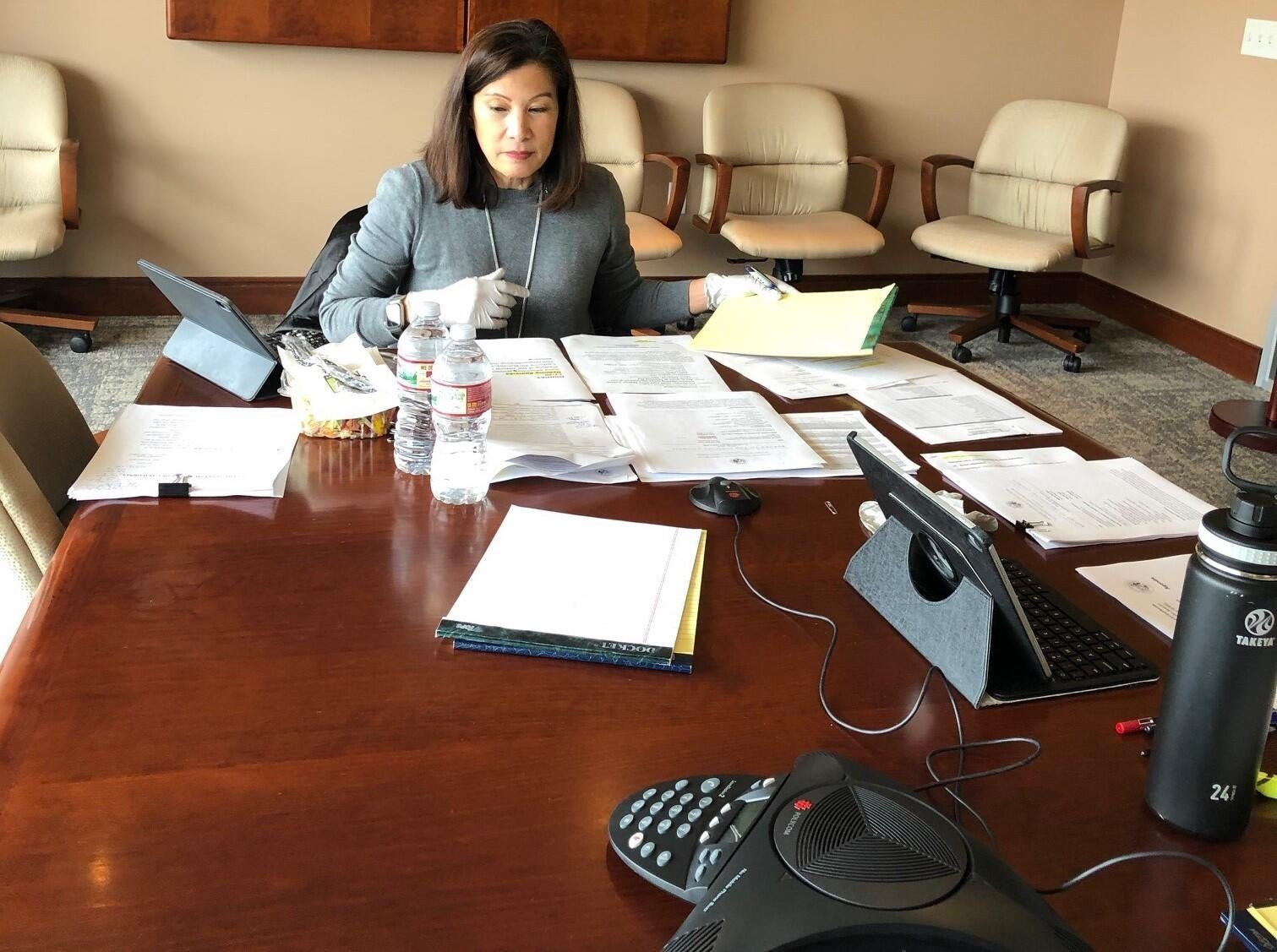Council Makes It Easier for Parties to Request Changes to Support Orders Amid Pandemic
The Judicial Council by circulating order approved temporary emergency rule #13, which makes it easier for parties to request changes to child, spousal, partner, or family support orders during the state of emergency.
Emergency rule 13 gives judges discretion to backdate the modified support order starting from when the person seeking the change mailed or served the request on the other party, rather than the date the request was filed with the court.
Allowing for the service of an unfiled request is especially important during this state of emergency, as changes made to court operations to address public health and safety are making it more challenging for requests to be filed and processed by the courts. The rule helps make sure people whose jobs have been affected by the COVID-19 pandemic can get relief as close as possible to their loss of income.
Revision to Emergency Rule #8— Extending Long-Term Civil Restraining Orders
As originally adopted, temporary emergency rule #8 automatically extended the duration of any long-term civil restraining orders set to expire during the pandemic. The council revised the rule to remove the automatic extension, instead requiring only that courts give protected parties a way to request an extension.
The council did not circulate for comment these proposed changes to the temporary emergency rules due to the urgent nature of the pandemic and need to protect litigants’ rights while considering the health and safety of parties, counsel, and the public.
During the COVID-19 pandemic, the Chief Justice and council have approved a number of temporary emergency actions, including the adoption of 13 temporary rules of court.
Additional Actions Taken by the Council via Circulating Orders
The council took the following actions via circulating order on items originally submitted for the March 24 Judicial Council meeting, which was cancelled in the wake of the COVID-19 pandemic.
- Adopted an update to the statutorily required 5-year infrastructure plan for new courthouse construction projects;
- Allocated language access grants for trial court signage and technology to improve services and better assist court users with limited English skills; and
- Approved items from its consent agenda, including new rules and forms, revisions to jury instructions, and mid-year funding for court self-help pilot programs and the Child Support Commissioner and Family Law Facilitator Program.
The circulating orders are posted to the Judicial Council meetings page.


